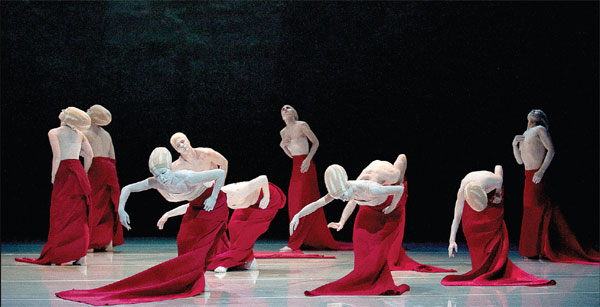Drama on Olympic scale
Updated: 2014-12-01 14:57
By Raymond Zhou(China Daily USA)
|
||||||||
|
A program at the 6th Theatre Olympics, Folding by Shen Wei Dance Arts, a piece inspired by Tao Te Ching, astonishes by its ultramodern treatment of age-old themes. Photos Provided to China Daily |
Beijing turns into a stage as a world-class theater festival unfolds to enchant audiences, reports Raymond Zhou.
Theater lovers are rushing from one venue to another as the 6th Theatre Olympics shifts into high gear in Beijing. While thunderous applause is filling the houses, people are emerging scratching their heads and raising sharp questions in conversations after the shows. A festive mood permeates the Chinese capital, a metropolis so mammoth as to threaten to drown out any such activities.
The festival started earlier this month with a revival of a Peking Opera production titled You and Me. If this sounds vaguely familiar, it was also the title of the theme song for the 2008 Beijing Olympics. Another similarity is the director, the renowned filmmaker Zhang Yimou, a reminder of that other event with the word "Olympics" in it. The opening show may not be a typical theater piece in your imagination, but the festival calendar has such an eclectic mix of programs that it includes operas, musicals, dance dramas - almost everything except a rock concert.
The theme "Dream" does not appear to tie up neatly the 47 productions in the lineup, which is as sprawling as the city itself and its venues. Most of the Chinese pieces are revivals, including Meng Jinghui's Amber at the Poly Theater. Two more of Meng's plays, also revivals, follow in its footsteps, yet are not found on the festival menu. Overall, the Chinese selections are so varied they seem a bit haphazard and spoken plays occupy only a minority position.
The first production to take the audience by storm is Folding by Shen Wei Dance Arts, a piece inspired by Tao Te Ching, a classic treatise on Chinese philosophy. Shen, a Chinese choreographer who made his name and now resides in New York, has been astonishing his home country with ultramodern treatments of age-old themes every time he brings back his work.
About half of the festival lineup is imported productions and Shakespeare jumps out as a main attraction. Three Hamlet productions, from Lithuania, Georgia and the United Kingdom, a King Lear from Japan, a Macbeth and an As You Like It from Georgia, plus A Midnight Summer's Dream from the Bard's own Globe Theatre, combine to form a mini-festival of its own. But then, if there is one language shared by theater professionals the world over, it must be Shakespeare's immortal lines and tales.
However, it is not the stories per se, but rather, the presentation of them - albeit in different languages - that fascinates Chinese theatergoers. The spoken play, when performed to a foreign audience who do not understand the language, cannot rely on the power of the word alone. It needs help from stage designs and directorial flourishes, which are in abundance at this festival.
The Hamlet from Lithuania's OKT Theatre places the tragedy in a David Lynch-like world, with nine dressing tables and mirrors that accentuate the pale faces of the actors. "It is a gothic hell stinking with death and decay," writes Tian Huiqun, a professor of Beijing Normal University. "The audience were thrown into the thick of the plot by the mirrors and, figuratively, in that hell."
Tadashi Suzuki's Tale of Lear incorporates actors from Japan, China and South Korea and has them speak their own languages, but all in a Kabuki or Noh style. The two elder daughters emerge as powerful players in this almost operatic version of betrayal, but Cordelia, the youngest daughter, and the thunderstorm scene, a centerpiece in most productions, seem to diminish in impact.

 World AIDS Day marked around the world
World AIDS Day marked around the world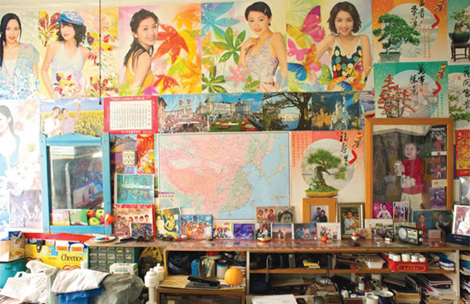
 Chinatown told through photos of peoples' rooms
Chinatown told through photos of peoples' rooms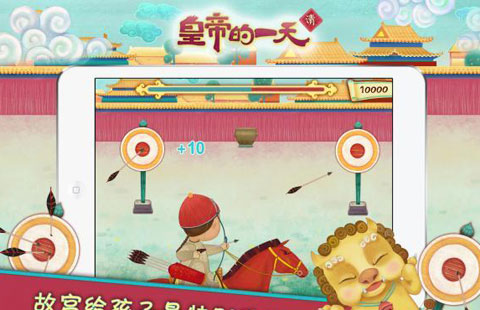
 Creative products by Palace Museum
Creative products by Palace Museum
 Group wedding before setting sail
Group wedding before setting sail
 Guangzhou zoo is home to five generations of koalas
Guangzhou zoo is home to five generations of koalas
 Top 10 favorite gift brands of rich Chinese men
Top 10 favorite gift brands of rich Chinese men
 UN climate change conference kicks off in Lima
UN climate change conference kicks off in Lima
 8 luxury cars and the image of their owners
8 luxury cars and the image of their owners
Most Viewed
Editor's Picks
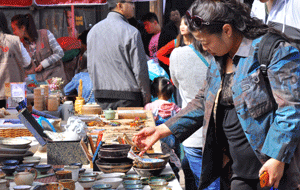
|
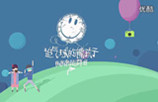
|

|
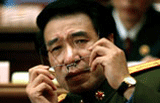
|
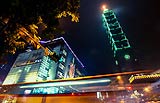
|
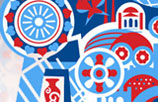
|
Today's Top News
Using the present to preserve the past
Chinese investors helping build major US road link
Chinatown told through photos of peoples' rooms
Online sales boost Black Friday
More and more shoppers are going mobile
Chinese culture inspiration for student
Lima climate summit begins 2-week parlay
Tolerance ends, HK chief vows
US Weekly

|

|
